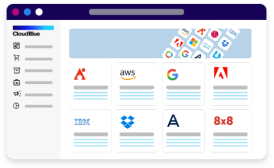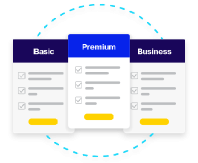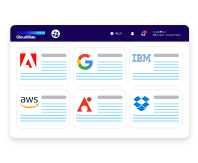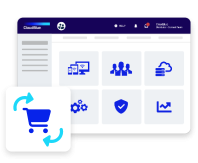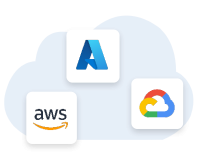Revenue Assurance is the process of ensuring that all revenue generated by a business is accurately captured, billed, and collected. It is a critical practice in industries that rely on subscription-based services, including telecommunications and software as a service (SaaS). The goal of revenue assurance is to identify and prevent revenue leakage, where potential income is lost due to errors in billing, data entry, or system inefficiencies.
Revenue assurance involves auditing systems, monitoring data flows, and ensuring that financial processes are functioning correctly. This includes verifying customer usage data, ensuring accurate billing, and making sure payments are collected on time. In a SaaS environment, for example, revenue assurance could involve checking that all subscription fees are correctly charged to customers based on their usage, plan type, and contractual agreements.
Technology plays a significant role in revenue assurance. Automated tools and software solutions are often used to track billing cycles, usage patterns, and payment processing. These systems can detect discrepancies such as undercharging or missed billing, alerting businesses to issues that could result in lost revenue. By resolving these issues quickly, companies can protect their bottom line and improve profitability.
Another key component of revenue assurance is compliance with industry regulations and standards. Businesses need to ensure that their billing practices align with legal requirements, such as tax collection or data privacy laws. Failing to do so could not only result in lost revenue but also legal penalties.
Overall, revenue assurance is vital for maintaining financial integrity, improving cash flow, and reducing the risk of revenue loss.

